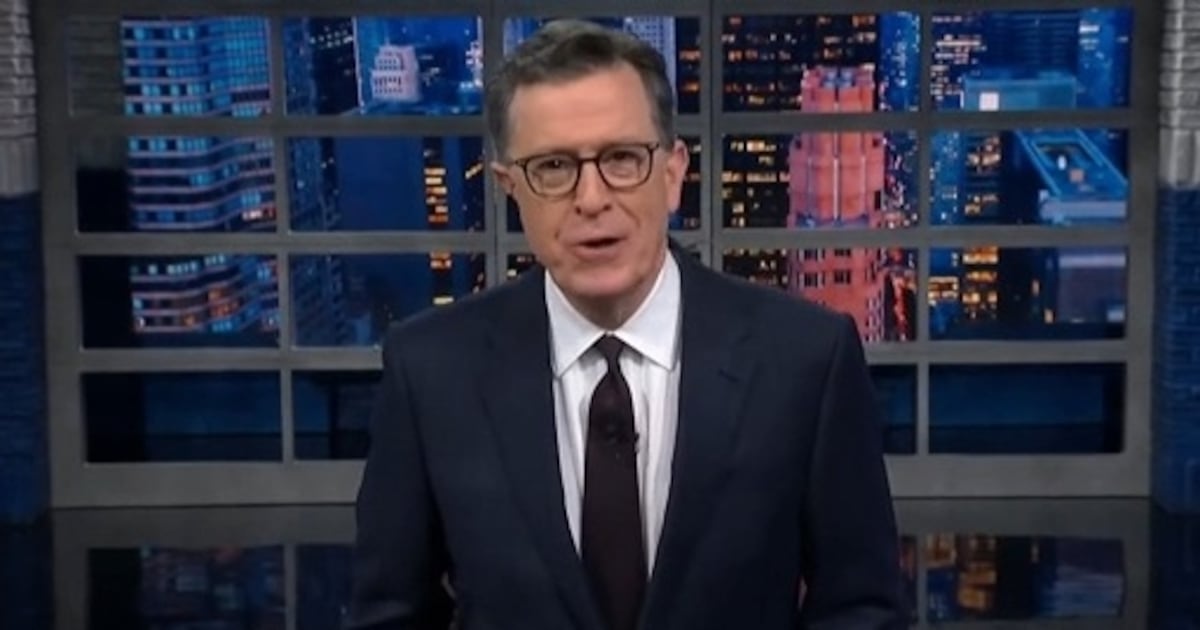One of the many issues with the internet scammer movie Not Okay, available to stream on Hulu today, occurs before it even starts.
There’s a content warning that opens the film, seemingly with the intent of announcing itself as a satire, that lists the following: “flashing lights, themes of trauma and an unlikable female protagonist.” The last part made me roll my eyes for several reasons.
First off, it suggests that the cinematic antiheroine isn’t extremely prevalent in the year 2022. Second, it makes me think that the writer and director, Quinn Shephard, doesn’t trust the viewer to make their own assessments about this woman. Lastly, it intimates that if you don’t like or “get” the film, it’s maybe because your misogynistic brain can’t handle seeing a woman behave like an imperfect human being on screen. And yet the film seems to really hate said female protagonist.
If I already sound like a hater, it’s because, spiritually and mentally, I am. But also because Not Okay is very bad, on a filmmaking level but especially in its lack of interesting or coherent commentary about social media, cancel culture, or whiteness, despite positioning itself as a film with plenty to say about our current times.
Shephard’s second feature is a familiar fable about someone who gets caught in a big, fat, embarrassing lie. A woman named Danni Sanders, played by Zoey Deutch, dreams of becoming what’s been recently dubbed in media discourse as an “influencer journalist,” à la infamous blogger Caroline Calloway, who even makes a cameo in the film. Instead, she’s a photo editor at a hip media outlet called Depravity, whose office culture seems similar to Babe.net. She also has a crush on a colleague named Colin (Dylan O’Brien), who smokes cross joints at work and has a dreadful blaccent.
In an effort to impress him, she lies and says that she’s attending a writers’ retreat in Paris and proceeds to tell her boss and family. She uses her Photoshopping abilities to stage selfies at the Arc de Triomphe, the Eiffel Tower, and with plenty of croissants. However, when a series of lethal bombings occur at practically every major landmark in Paris, she has to “return home” and feign trauma for her family and co-workers, who shower her with attention.
Spotting an opportunity to boost her writer profile, Danni pens a (pretty terrible but supposedly powerful in this fictional world) essay titled “I Am Not Okay” about her experience as a terrorist-attack survivor, sparking an online mental-health movement. She also befriends a Black, teenage gun-control activist named Rowan (Mia Isaac) at a survivors support group, which makes her scam even more morally complicated—that is, until it completely blows up in her face.
Watching Not Okay, I couldn’t stop thinking about what I now consider a pretty inaccurate characterization of Danni as “unlikeable,” despite her actions in the film being technically terrible. She doesn’t contain the hilarious narcissism of a Hannah Horvath on Girls, and she’s not even a semi-entertaining asshole like Phoebe Waller-Bridge’s Fleabag. She mainly comes across in the film as dumb— a little socially awkward, very insecure—but mostly dumb. Moreover, nothing about Danni is particularly offensive or annoying until she starts making utterly silly decisions without any kind of realistic or comprehensive reasoning as to why. Which leads me to the crux of why this movie just doesn’t work.
Not Okay wants to poke fun at a lot of things, and it does. But no interesting truths or deep insights about the types of people Shephard represents are really revealed in the process. Instead, the 27-year-old director creates a rather awkward, unfunny world filled with noticeable archetypes in modern, digital culture—from the ultra-woke yet seemingly superficial culture writers that look down on Danni to Colin, the culture vulture, and, of course, Danni, who’s basically an amalgamation of every joke you’ve heard about basic white girls and aesthetic trends on TikTok.
Likewise, Not Okay speaks less to how harmful or problematic white women actually are and more to their annoying desire to publicly crucify themselves in media post-Trump. This sort of self-flagellation shows up frequently on Twitter, in sitcoms like HBO Max’s Minx and And Just Like That…, and even the cringey opening monologue of this year’s Oscars. However, white women notably don’t attain the knowledge or experience that people of color do to lampoon their own privilege and oppressive behaviors in an accurate, incisive way. In fact, they usually end up perpetuating misogynistic tropes or missing the point altogether, like Shephard unintentionally does with this film.
Plus, in these narratives, the Black people are almost always tasked with the thankless role signaling the absurdity and ignorance of their white counterparts—like Rowan, an otherwise unamusing character, but also a Black homeless woman who appears in several scenes to roll her eyes and snap at Danni for being a privileged white lady, essentially. This inclination is sent into overdrive in Not Okay’s “cathartic” final scene.
Maybe I’d be more forgiving of Not Okay’s empty commentary if it was somewhat well-made. But the sloppy camera work, awkward pauses, inconsistent stylistic choices, and aggressively unfunny script (Dylan O’Brien, I’m so sorry) make it a mess overall. And the performances suffer because of it.
Since Danni is so thinly written, Deutch doesn’t seem to understand what character she’s playing and is less self-possessed as an actor than in her previous work—as is O’Brien, who pops up throughout the film to do a humorless, half-hearted Jack Harlow schtick that never lands. Isaac as a grieving, exasperated teenager is arguably the best the film has to offer.
Overall, Not Okay is another unfortunate entry in the liberal-guilt canon of movies and television that we just have to deal with now, apparently. If, like me, the promise of O’Brien wearing bleach-blonde hair lured you to this movie, I strongly recommend just staring at the on-set photos.






